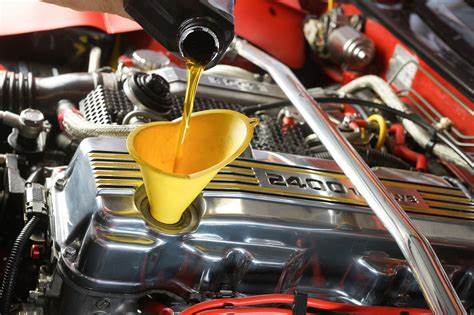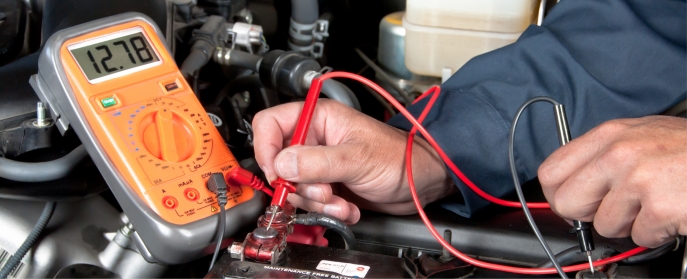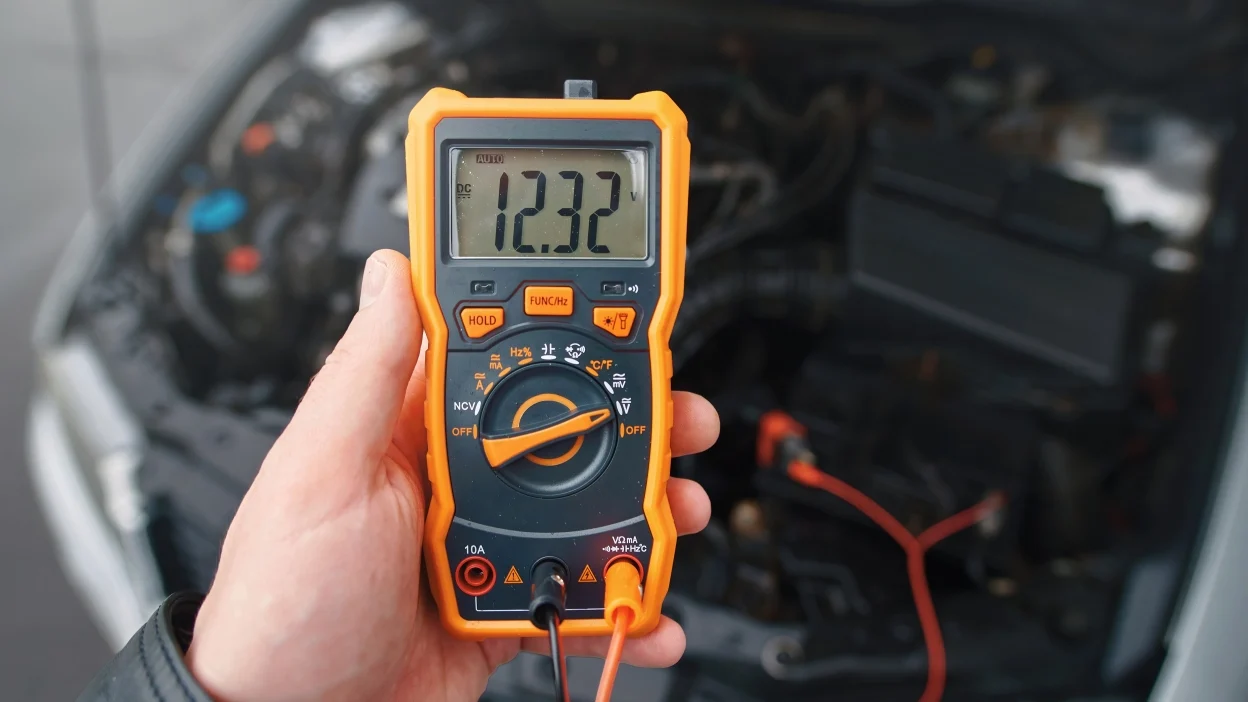Changing your oil regularly is one of the most essential maintenance tasks for keeping your vehicle running smoothly. However, many car owners often overlook this crucial step. So, what happens if you don’t change your oil? Ignoring this routine maintenance can lead to serious engine damage and expensive repairs. In this blog post, we will discuss the consequences of neglecting oil changes and why you should stay on top of this simple yet vital task.
Table of Contents
What Happens If You Don’t Change Your Oil:
The Basics
Oil is the lifeblood of your vehicle’s engine. It lubricates the engine’s moving parts, preventing friction and wear that could lead to overheating. Over time, however, oil breaks down and becomes less effective. If you don’t change your oil, it can no longer perform its job of protecting your engine.
Increased Engine Wear and Tear
When you don’t change your oil, the oil becomes dirty and loses its ability to lubricate. As a result, the metal parts of the engine rub against each other, causing unnecessary friction. This can lead to increased wear and tear, and eventually, parts of the engine may fail. Regular oil changes ensure that the oil remains clean and effective at reducing friction.
What Happens If You Don’t Change Your Oil: Engine Overheating
One of the key functions of oil is to absorb and dissipate heat from the engine. If you don’t change your oil, it can become thick and less capable of managing heat. As a result, the engine temperature rises, and overheating becomes a real risk. An overheated engine can lead to catastrophic failure, resulting in costly repairs or even the need for a complete engine replacement.
Reduced Fuel Efficiency
If you don’t change your oil, the engine’s internal components will have to work harder to perform basic tasks. This added strain reduces fuel efficiency, meaning you’ll be making more frequent stops at the gas station. By keeping up with regular oil changes, your engine operates more efficiently, leading to better fuel economy and fewer trips to refuel.
What Happens If You Don’t Change Your Oil: Sludge Buildup
Over time, old oil accumulates contaminants, such as dirt, metal particles, and carbon deposits. When you don’t change your oil, these contaminants mix with the oil, forming sludge. This sludge can clog up the oil passages in your engine, reducing oil flow and causing engine components to seize or malfunction. Regular oil changes help prevent sludge buildup and keep your engine running smoothly.
Increased Risk of Engine Seizure
If oil levels are too low or the oil becomes too old and dirty, the engine components won’t be properly lubricated. This leads to a higher risk of engine seizure, where the engine stops functioning due to lack of lubrication. Engine seizure is a serious issue that can leave you stranded and result in costly repairs.
Void Your Warranty
Many car manufacturers require regular oil changes to keep the warranty valid. If you don’t change your oil and your engine suffers damage, the manufacturer may refuse to cover the repair costs. Keeping up with oil changes not only helps protect your engine but also ensures that your warranty remains intact.
Expensive Repairs
Ignoring oil changes might seem like a way to save money in the short term, but it can lead to much higher repair costs down the road. The longer you delay changing your oil, the greater the risk of serious engine damage, which can result in expensive repairs. A simple oil change costs significantly less than replacing an engine, making regular oil changes a cost-effective way to maintain your vehicle’s health.

Reduced Engine Lifespan
Engines that aren’t properly maintained, including failing to change the oil, tend to wear out faster. If you want your car to last for many years, you need to make sure the engine is properly lubricated and running efficiently. Regular oil changes extend the life of your engine, allowing you to get the most out of your vehicle.
What Happens If You Don’t Change Your Oil:
How to Avoid the Consequences
Now that you understand what happens if you don’t change your oil, it’s important to stay on top of this simple yet vital maintenance task. Follow the manufacturer’s recommendations for oil change intervals and make sure you schedule regular oil changes. If you’re unsure when to change your oil, consult your car’s manual or talk to a trusted mechanic.
Conclusion
In summary, what happens if you don’t change your oil can lead to serious consequences, including increased engine wear, overheating, reduced fuel efficiency, and even engine failure. Regular oil changes are essential for maintaining your vehicle’s health and preventing expensive repairs. Don’t neglect this simple maintenance task—your engine will thank you for it!
By understanding what happens if you don’t change your oil and taking proactive steps to change your oil on time, you can keep your vehicle running smoothly for many years to come.
Related Post:
If you’re curious about oil-related maintenance, you might want to check out how to tell if your engine is burning oil. It’s an essential topic to explore when considering the long-term health of your vehicle’s engine.





Leave a Reply